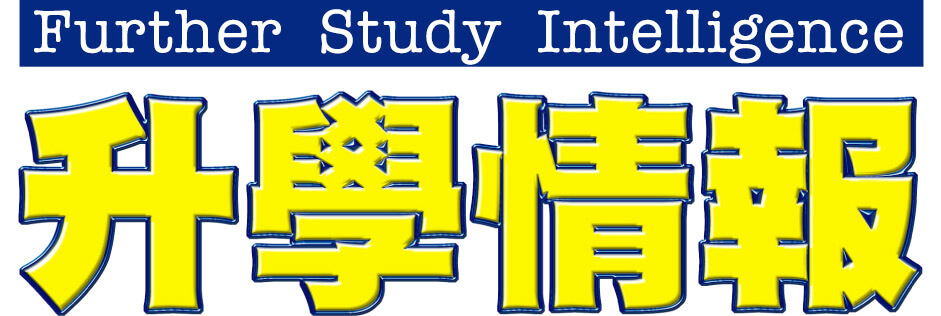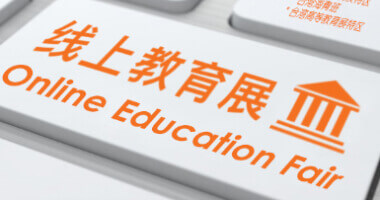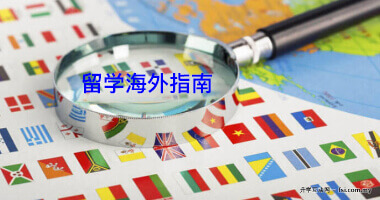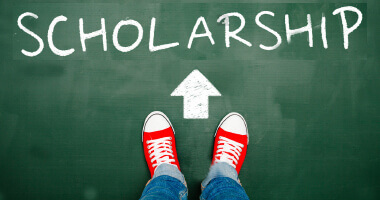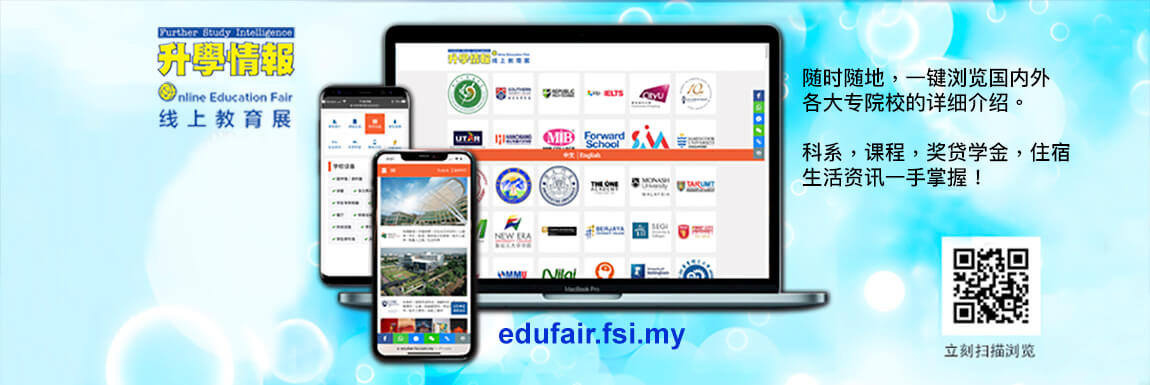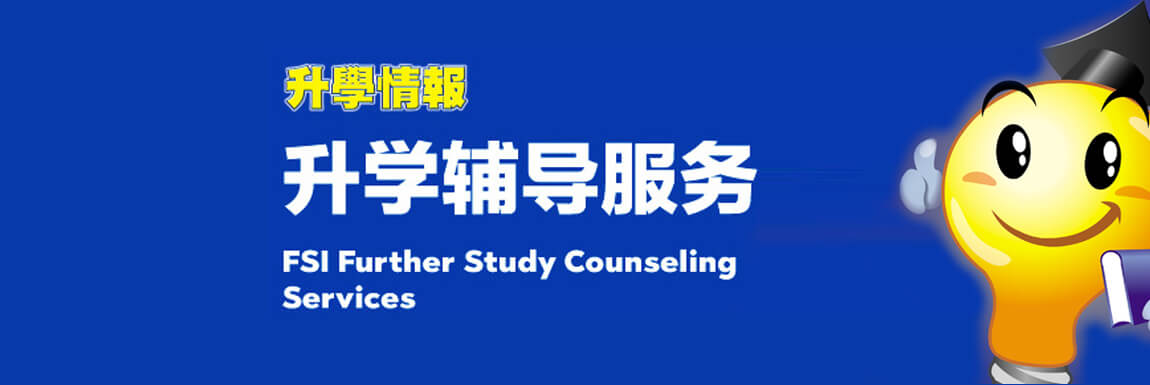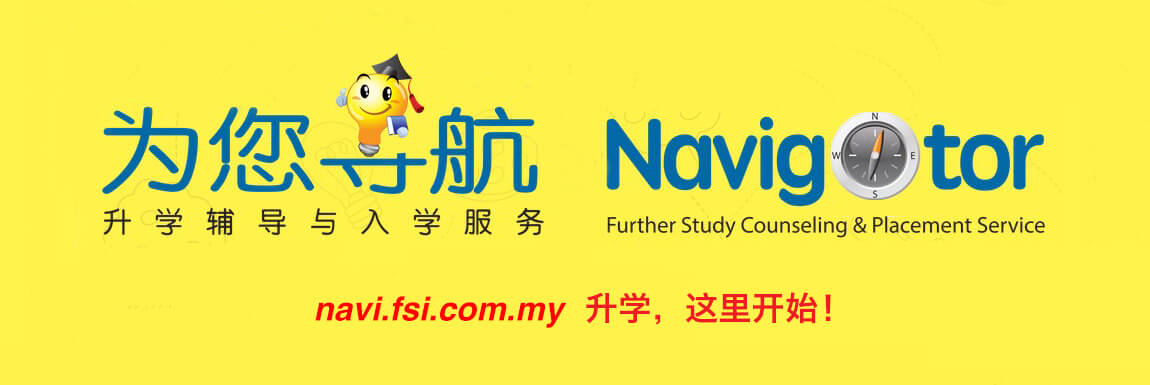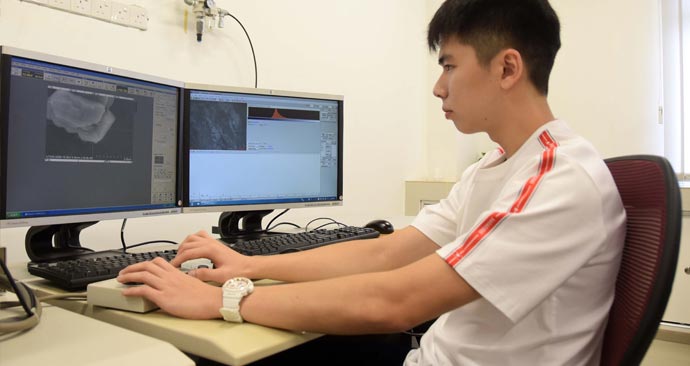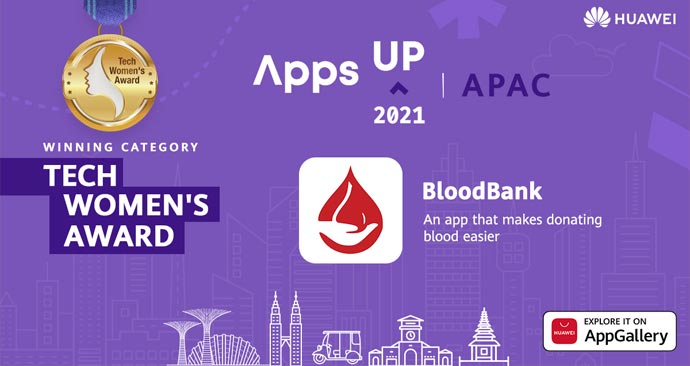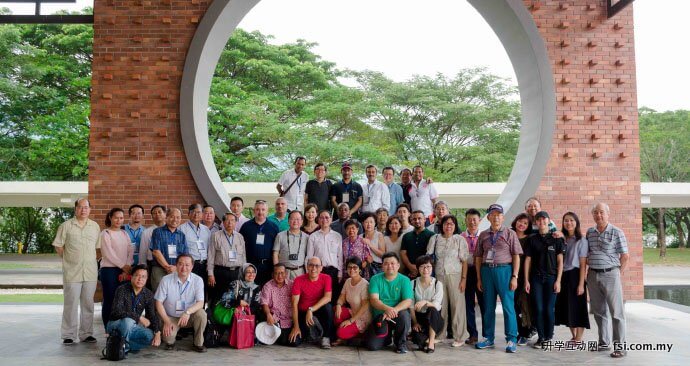
Hartfried, Prof Dato’ Dr Abdul Rashid and Datin Dr Ng posing with (right) UTAR Institute of Postgraduate Studies Director Prof Dr Faidz bin Abd Rahman after the memento presentation ceremony
Themed ‘Innovation and Effective Teaching Methods in Science Education’, the inaugural UTAR Symposium on Science Education was held at UTAR Perak Campus on 23 August 2014.
“We are concerned about the declining number of Science students in schools,” said UTAR Vice President for R&D and Commercialisation Prof Ir Dr Lee Sze Wei, who delivered the opening address on behalf of UTAR President Ir Prof Academician Dato’ Dr Chuah Hean Teik. He added, “We need more people equipped with Science, Technology, Engineering and Mathematics (STEM) skills to create an innovative, stable and prosperous nation.”
He concluded, “This symposium is a platform for schools, universities and the industry to work as one integrated continuums to bridge the gap between Science education and the society. UTAR is starting a programme to train teachers to become mentors in their respective field and they in turn can train their students.”
“There is a gap between the aspired curriculum, implemented curriculum and examined curriculum,” said Deputy Director of Bahagian Pembangunan Kurikulum, Ministry of Education (MOE) YBhg Datin Dr Ng Soo Boon. She added, “Although the written curriculum specifically states that science education includes three main components which are knowledge, scientific skills and attitudes, the taught and examined curriculum does not reflect this focus well.”
She advised, “No matter how policies are crafted, its implementation at school level requires the interpretation and ingenuity of the teachers. There is no best practice. Educators must know the purpose of teaching, adapt teaching strategies to the needs of the students and remember the heart of teaching in order to make a difference.”
“This is a time of trials, tribulations and temptations for Science teacher education,” said Deputy Head ofKluster Pendidikan dan Pembangunan Modal Insan, Majlis Professor Negara YBhg Prof Dato’ Dr Abdul Rashid Mohamed. He added, “The worldwide trend is increasingly to have teacher education drawing upon the full intellectual resources of higher education. In Malaysia, there are times we seem to be going backwards.”
He advised teachers and students, “Success is a must, not an option. You cannot expect MOE to keep developing you. You need to develop yourself too. Excellent Science teachers are the ones with excellent communication skills, an interest in Science, a sense of humour and the ability to thrive in a multicultural environment. They need to make classes relevant to diverse groups and to create an environment in which students feel comfortable enough to participate.”
“In many countries within the Asia Pacific, there are few women compared to men working in the STEM sectors,” said representative of Asia-Pacific Programme of Educational Innovation for Development, UNESCO Bangkok Hartfried Schmid. He added, “A multi-country research study involving Cambodia, Indonesia, Malaysia, Mongolia, Nepal, South Korea and Vietnam will be undertaken by UNESCO Bangkok and Korean Women’s Development Institute to address this gap.”
Schmid also mentioned about UNESCO-INTEL partnership to build capacity in engineering and science worldwide and to harness information and communication technologies for educational advancement. In addition, the UNESCO-YTN Korea K-Science project aimed to make Science television programmes available to public education TV channels in Asia Pacific. UNESCO is also collecting digital resources for teaching and learning of Mathematics and Science.
Other speakers at the symposium were Malaysia Toray Science Foundation (MTSF) award winners Tan Mun Wai, Dr Shahrul Kadri Ayop and Seow Yoke Hock, Maktab Rendah Sains Mara (MRSM) Guru Cemerlang Kimia Juriah binti Alias, Universiti Pendidikan Sultan Idris academic member Dr Balamuralithara Balakrishnan, Creative Wizard Sdn Bhd CEO and professional trainer Teoh Poh Yew, ITrain (M) Sdn Bhd CEO and Apple certified trainer Bikesh Lakhmichand and UTAR Teaching Excellence Award recipient Paul Davidson.
Jointly organised by UTAR and Majlis Professor Negara and supported by Kementerian Pendidikan Malaysia, MTSF founder and sponsor Toray Group Malaysia, Sasbadi, MYC Magazine and GTI Media, the symposium attracted 225 attendees comprising secondary school teachers from government, international and private schools, lecturers from Matriculation colleges, MRSM and Universiti Pendidikan Sultan Idris, State Education Department officials as well as UTAR staff and members of the public.
